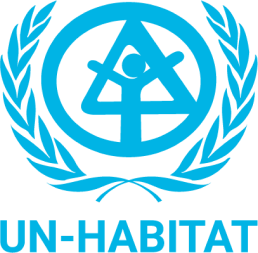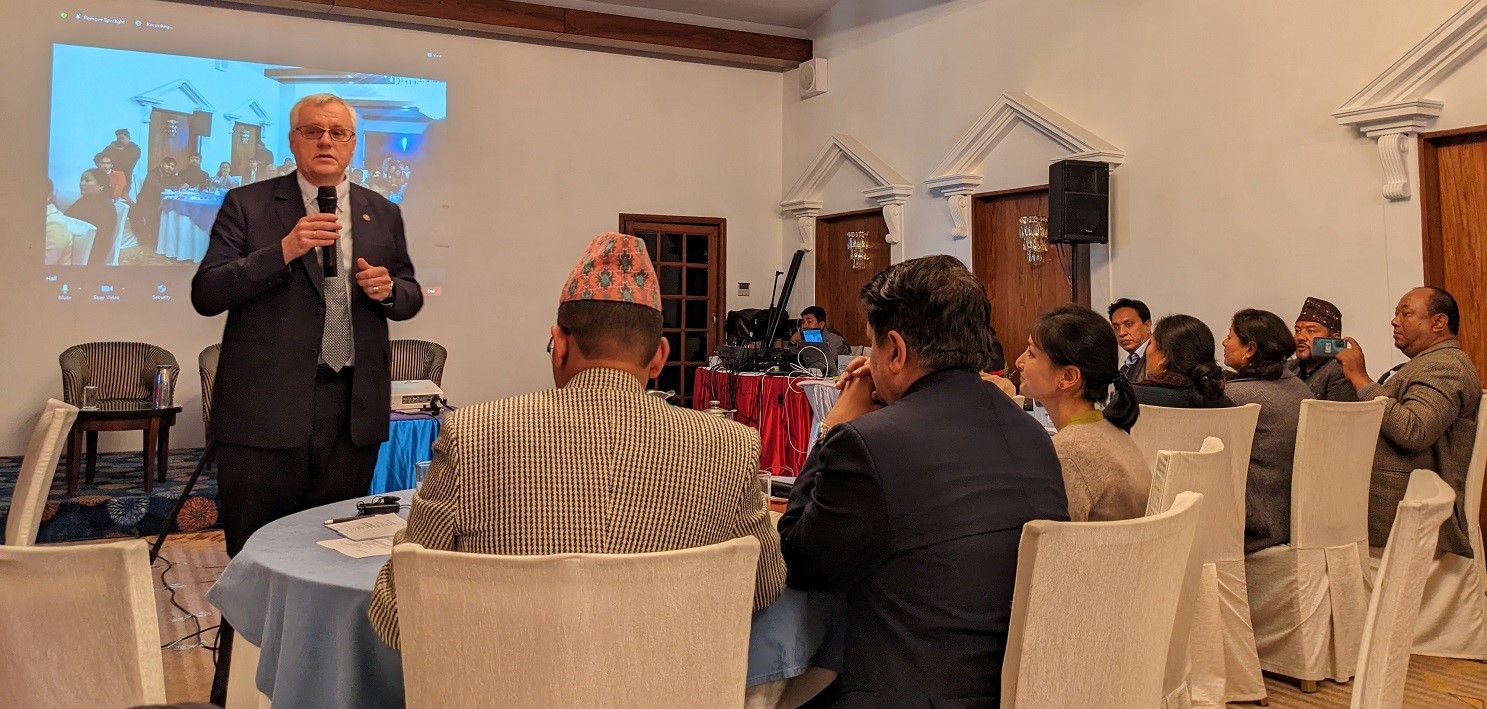Kathmandu 31 January 2023— The Government of Japan and UN-Habitat have been implementing the Project on “Emergency Support Initiative for Green Building-based Prevention and Control Measures for Vulnerable Communities in Cambodia, Nepal and Sri Lanka” since March 2022. The Project is funded by the Government of Japan amounting in total to USD 452,611 (JPY58,638,018). The Project aims to reduce the urgent risks of vulnerable communities and contribute to safer and cleaner cities in the Asia and Pacific region through green building initiatives.
Extreme weather conditions and COVID-19 pandemic have contributed to a plethora of issues among communities. Many of these unpredictable and strong weather conditions require countries to take actions, requiring quick remedial measures supported by behavioral change for improving living conditions. Poor communities are highly susceptible to such unprecedented weather-related risks. They lack resilience, owing to poor living standards and more importantly deteriorating economic conditions due to COVID-19 and climate crisis.
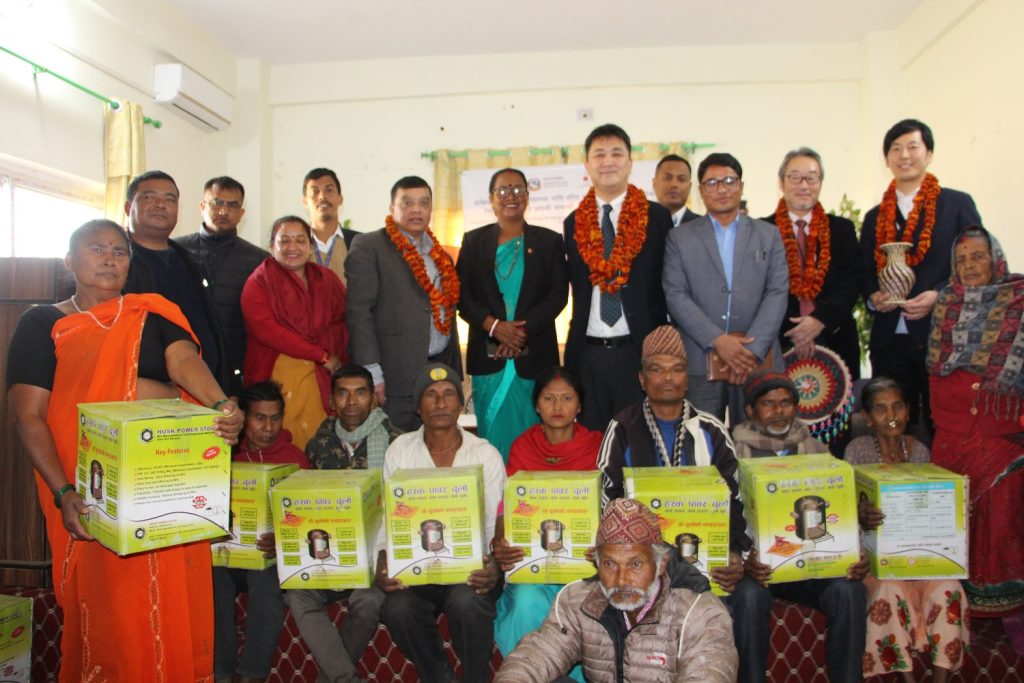
In this regard, the project was successful in reducing the urgent risks to health and wellbeing of the most vulnerable households with poor basic facilities. The energy expenditures of these vulnerable households were reduced through improved cooking stoves and solar solutions for electricity. The project was implemented in collaboration with the national and local governments in three countries, which contributed to building cleaner living environments and demonstrating green building technologies.
The project benefited 150 households in Mulativu District in Sri Lanka and 186 households in Sihanoukville in Cambodia through improved stoves and solar systems and a further 10,000 people through street solar lighting and waste receptacles in Sihanoukville community. Likewise, in Nepal 220 households in Mahalaxmi municipality benefitted through solar solutions and 150 households in Gadhawa municipality through improved stoves.
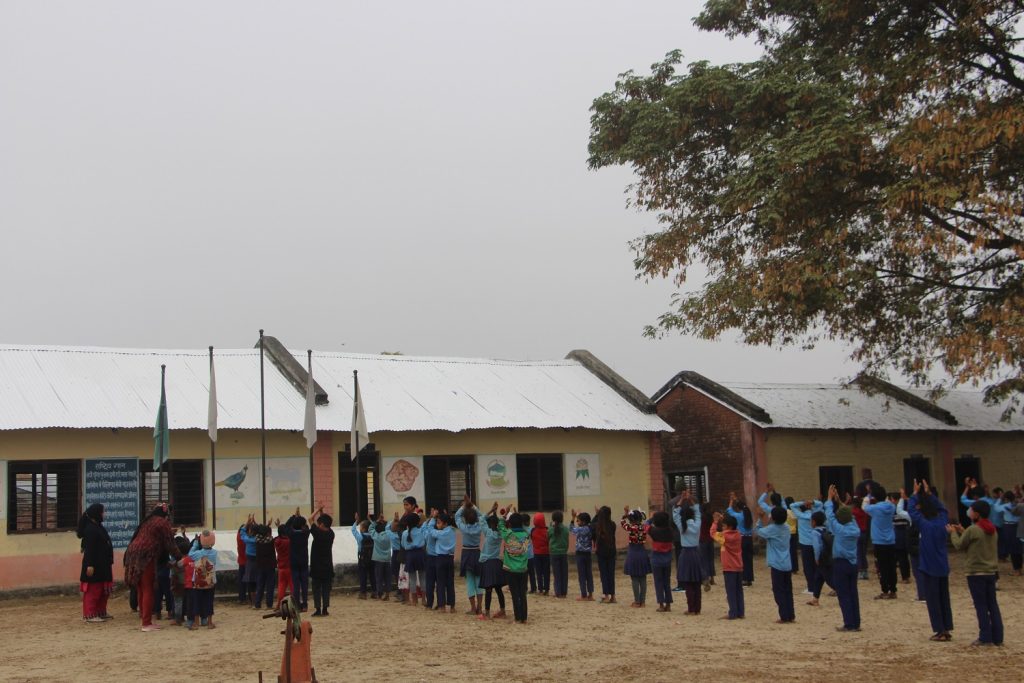
In the Nepal locations, two replicable Japanese green building technologies were also demonstrated in partnership with private companies – Miracool for heat insulating paint on Corrugated Galvanised Iron (CGI) sheet in a public-school building in hot climate of Gadhawa and Daiken’s Tametotto low-cost rainwater harvesting system in a community hospital in Mahalaxmi respectively.
The project partners and participants convened a final workshop in late January in Kathmandu to disseminate the outcomes of the project to the regional, national and local stakeholders, with intensive discussion engaging the stakeholders in mainstreaming green construction practices and new technologies in Nepal. On the occasion, KIKUTA Yutaka, Ambassador of Japan to Nepal, congratulated everyone involved in the success of the project. He expressed his gratitude to UN-Habitat for successful implementation of activities such as the utilization of Japanese companies’ technologies, which could only be done in partnership with Japan, and to all those who contributed to the success of the project in their respective regions.
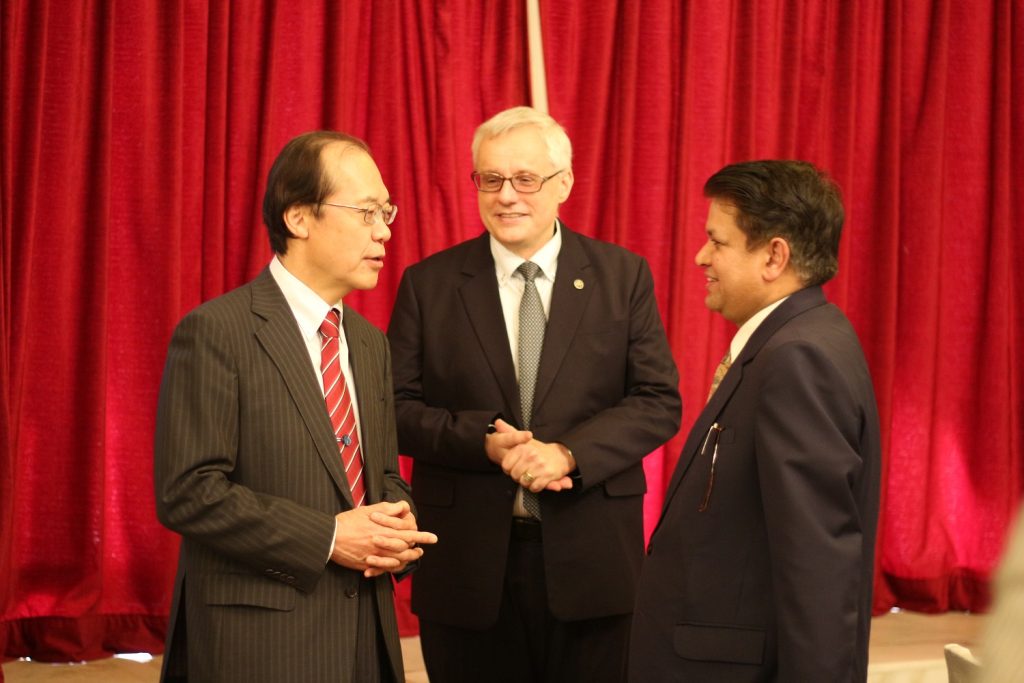
Overall, the Project contributed to increased resilience through partnerships and to support to developing nations to reach UNFCC commitments for reducing carbon emission. The Project helped cement Japan’s policy on reaching carbon neutrality and transforming society and the economy with new technologies to reinforce the world’s strategy against climate change.
Relevant Documents/Links
Video: Cambodia: Supporting Vulnerable Communities through Green Building Initiative
Video: Nepal: Emergency Support Initiative for Green Building-based Prevention and Control Measures for Vulnerable Communities
